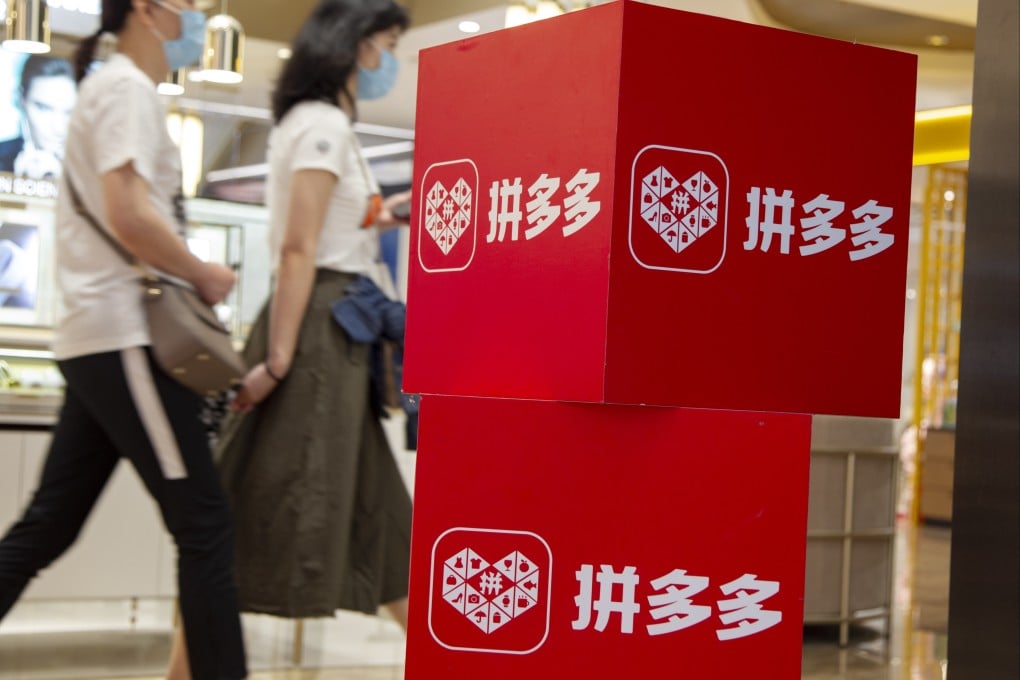Advertisement
Asian Angle | Why Pinduoduo’s surprise growth may not be good news for China’s economy
- Consumption has been driving growth, but it remains low owing to low disposable incomes and high savings rate among Chinese households
Reading Time:3 minutes
Why you can trust SCMP
1

Last month, Pinduoduo (PDD) reported surprisingly strong first-quarter results, with group revenue reaching 86.81 billion yuan (US$12 billion), exceeding Wall Street analysts’ estimate of 75.66 billion yuan. Net profit also saw a significant increase, reaching 28 billion yuan, up by 246 per cent year on year.
These results pleased overseas investors and shareholders. However, the success of an e-commerce company like PDD, which focuses on low prices and the low-end consumer market and helps businesses reduce inventories, may not be a positive sign for a Chinese economy seeking not just growth, but also structural transformation and common prosperity.
PDD is often compared to Taobao, but it is better known in China for its extremely low prices. The PDD app is filled with promotional slogans such as “billions of yuan of subsidies”, “lowest prices on the net”, and “last opportunity”. To access these promotions, consumers must share product links on social media platforms like WeChat or QQ and get their friends to click on the links. The low prices come at the cost of varying product quality. Social media is rife with complaints about PDD selling fake and low-quality products. In 2018, the China National Intellectual Property Administration commented on widespread fake products from PDD, suggesting the e-commerce platform and sellers should be held jointly liable.
Despite these issues, PDD has become China’s largest e-commerce company, surpassing the market capitalisation of Alibaba, which owns Taobao and the Post. This success can be attributed to changing consumer behaviour in response to the weak recovery of the Chinese economy and the end of the real estate bubble. With growing price sensitivity, an increasing number of Chinese consumers are willing to compromise on product quality to save on spending.
China’s 2023 domestic demand plan focuses narrowly on rural appliances and trade-ins, lacking meaningful reforms to boost household consumption.

According to the World Bank’s China Economic Update in December, China’s consumer confidence index has been negative since 2022, primarily due to weak income growth and depressed consumer sentiment.
Advertisement

